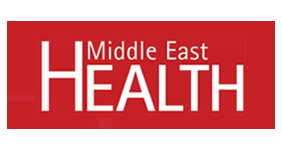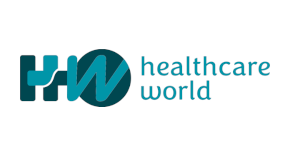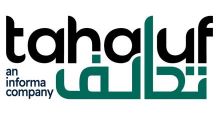Özlem Fidancı
CEO Philips Middle East & Turkey
Philips: Bringing healthcare transformations to life
Philip’s remote patient monitoring technology can monitor the health of patients at home and allow the healthcare teams to identify a problem before it reaches the level where the patient is required to be hospitalized. In an interview with Global Health Exhibition, Özlem Fidancı, CEO of Philips Middle East and Turkey says “We address customer and consumer needs along the health continuum”. Excerpts:
1. What does KSA mean to you and your business?
Philip’s mission is to make the world healthier and more sustainable through innovation, with the aim to improve the lives of 3 billion people a year by 2030. This is in line with the Saudi Vision 2030 built around helping people enjoy a good life in a beautiful environment and being protected by caring families and supported by an empowering social healthcare system. Philips supports this goal of improving the access to high quality healthcare services via the collaboration between the government, healthcare leaders and private healthcare institutions.
We address customer and consumer needs along the health continuum. We cover the full range of consumer and patient needs, from living a healthy life, to being diagnosed and treated for an illness, to recovery or chronic care at home. Philips’ digital healthcare technology offers solutions to issues faced by healthcare experts in Saudi in terms of workload, collaboration, cost control and cyber security.
We predict to actively handle the unique difficulties that health specialists face in KSA. This could be a department, or creating solutions for a service, or designing a complete health process throughout the hospital. In order to do this, we are building long-term strategic partnerships that bring out better outcomes and more productivity.
In the clinical field, we support goals of enhancing the access to quality health services by cooperating with the government, health pioneers and private health institutions and unities.
2. How does KSA fit into your business plans, in the context of the Middle East?
With the Kingdom of Saudi Arabia’s strong drive for healthcare transformation and digitization in line with Vision 2030 and NTP 2020 and the Saudi healthcare market being the largest and fastest-growing in the region, Philips aims to improve access in Saudi Arabia to high-quality healthcare services via it’s collaboration between the government, healthcare leaders, and private healthcare institutions.
Philips has been teaming up with the Ministry of Health towards realizing the vision 2030 and NTP 2020, through two MoUs, where important areas have been identified such as telehealth, population health, clinical excellence and productivity.
This partnership has been resulting in important transformational projects such as Project “Taji”. Taji is a Virtual Cardiology network with Cardiovascular Information System (CVIS) across multiple facilities. Under the Taji project, patient medical information will be available on demand at the point-of-care in each one of the connected hospitals to help improve quality access to cardiology care managed by a network of specialists.
Another important project is the “Heart Safe City” where Philips and the MOH work together to increase survival rates of sudden cardiac arrest in Mecca, KSA. This is a first of a kind initiative that combines education, training, and technology for an integrated customized solution. The program will leverage a unique end-to-end solution combining education programs to increase awareness of CPR, the use of publicly available Automated External Defibrillator (AEDs), and new technologies to strengthen the ‘chain of survival’ from the moment an incident occurs to the patient reaching the hospital.
3. What current trends do you see specifically in the KSA healthcare industry and what do you see as the growth areas going forward?
We know there is an increase in chronic diseases in Saudi Arabia; for instance, 69% of adults in KSA are obese, 3 of every 10 Saudi men and 4 of every 10 Saudi women are at high risk for Obstructive Sleep Apnea (OSA).
Our digital healthcare technology can offer support to chronic patients, in order for them to be kept connected to the caregivers. We also have remote patient monitoring technology, that can monitor the health of the patients at home and allow the healthcare teams to identify a problem before it reaches the level where the patient is required to be hospitalized (or re-admitted).
At home or at hospital, our predictive data allows the clinicians to see the smallest symptom showing if the patient is getting worse, allowing caregivers to intervene in a timely manner.
4. What do you see as being the biggest opportunities in the KSA healthcare industry in the next 2-5 years?
As per the 2019 Future Health Index report titled ‘Transforming healthcare experiences: Exploring the impact of digital health technology on healthcare professionals and patients’, those using digital health technology are more proactive in managing their health – in Saudi Arabia, 74% of the general population who use digital health technology are far more likely than the 15-country average (47%) to report that the information they receive from this digital health technology led them to contact a healthcare professional. Some other points to note from the report include:
- Saudi Arabia is one of the forerunners of those using wearables and the revenue from wearables is expected to show an annual growth rate of 4.6%
- Saudi is also one of the country’s leading the way for Artificial Intelligence (AI) in healthcare. Saudi Arabia leads other emerging countries, as well as the 15-country average within the report, when it comes to the usage of AI within healthcare. When it comes to public perceptions of Al, individuals in Saudi Arabia associate AI with enhanced quality of healthcare. The general population in Saudi Arabia (36%) are among the most likely to associate more accurate diagnosis with the use of AI in healthcare (15-country average: 30%)
- Healthcare professionals in Saudi Arabia are most comfortable using AI for more administrative tasks such as staffing and patient scheduling. Their comfort levels are well above the 15-country average; 79% staffing and patient scheduling (64% 15-country average), 75% recommending treatment plans (47% 15-country average), 73% patient monitoring (63% 15-country average), 73% flagging anomalies (59% 15-country average)
- Saudi Arabia also leads the way for using technology to overcome access and availability challenges. The physical density per 1,000 is 2.6 in Saudi Arabia and as such, the adoption of telehealth is higher among healthcare professionals. 75% of healthcare professionals in Saudi Arabia use telehealth, 38% of those in Saudi Arabia prefer to have a consultation with their doctor remotely via a digital channel for non-urgent care.
- Saudi Arabia's healthcare professionals that have brought digital health technology into their ways of working are seeing a positive impact on the way that they and their patients experience healthcare. Asian countries (China, India, Saudi Arabia and Singapore) say that health professionals who use digital technology have had a positive impact on quality of care provided (80%), healthcare satisfaction (76%), patient outcomes (66%), healthcare professional workload (59%), time spent with a patient (59%), and patients understanding their health (67%).
5. How does Vision 2030 fit into your business plans?
The main goal of KSA Vision 2030 is to diversify the economy away from hydrocarbons and achieve greater participation of the private sector by encouraging both local and international investments in several key industries, e.g. healthcare being one of the main focus areas of the Kingdom’s Vision 2030 and the National Transformation Program (NTP).
One of the major NTP targets for healthcare transformation for the Ministry of Health for 2020 includes increasing focus on digital healthcare innovation. The Ministry of Health in KSA has been taking big steps towards driving digital transformation of Healthcare and NTP 2020 is including ambitious targets in that direction.
At Philips, our priority in KSA is to provide solutions that contribute to the health transformation. With this goal, we have two important agenda items:
- To be involved in the National Transformation Program (NTP) realized within the frame of the state’s 2030 plans for the health sector, and to support the KSA government within the context of our cooperation.
- One of the basic goals of Ministry of Health for 2020 is to focus on innovation in health services. In accordance with this, we aim to be involved in big steps taken by KSA Ministry of Health’s guidance in digital transformation of health services and cooperate with the ministry.
Accordingly, we are present within every aspect of health through the projects that we are working on and the products we develop. We operate as a technology solution partner for KSA’s projects in line with the 2030 goals and transformation in health strategies; and we aim to develop a sustainable business model as the stakeholders of the contractor firms in multiple services primarily scanning, clinical equipment’s, health computing solutions and sleep systems.
7. What new products or innovative technology will you be showcasing at Global Health Exhibition 2019?
Philips continues to fortify itself as the leading healthcare provider in the Kingdom. We will be showcasing the concept of TeleICU, sleep labs, Vital Health and Heart Safe City at our booth during the Global Health Exhibition 2019.
8. What, according to you, are the real benefits and opportunities available to healthcare and trade professionals to attend Global Health Exhibition?
GHE offers great opportunity for participants and visitors to meet other like-minded people, enlarge our business network or create new business opportunity areas. It also helps in learning about the brand-new technology and innovation offered by industry experts.
Özlem Fidancı
CEO Philips Middle East & Turkey
Özlem joined Philips in 1998 and has been integrally involved in driving the growth of the company. Her initial role at Philips was Marketing Manager for Philips Turkey Domestic Appliances and Personal Care Division, from 1998 to 2005. In 2005, Özlem assumed the role of General Manager, Philips Household Appliances, and Personal Care Products Group. In 2008 she took the leading role in merging Consumer Electronics and Domestic Appliances & Personal Care organizations of Philips and has become the General Manager for the merger called Consumer Lifestyle Turkey
In 2010, Özlem became the Head of Marketing and Strategy in Philips Emerging Markets in Singapore where she played an important role in building the strategic and winning plans in wide range of Emerging markets from China to Brazil, before being appointed Vice President and General Manager for Philips Consumer Lifestyle, Middle East, Turkey and Africa (META) in 2011 based in Dubai.
Following a strong career in the Consumer and Personal Health businesses in Philips, Özlem was appointed as Senior Vice President and General Manager Philips Health Systems MET (Middle East & Turkey) as of Feb 2015. She has changed her scope from “consumer focus” to cover the entire Health Systems in B2B area. In this role her mission was to bring “patient centric” approach and integrated healthcare solutions to drive the costs down for the healthcare providers while improving the access to healthcare by bigger population groups.
Özlem was appointed as Chief Executive Officer of Philips Middle East and Turkey as of January 2018.
Prior to joining Philips, Özlem held several commercial and management roles in Tetra Pak prior to joining PHILIPS between the years 1991-1998.
Özlem holds a bachelor degree in Business Administration from Boğaziçi University in Turkey. Fidanci is married and with one son and enjoys painting and sailing in her free time.

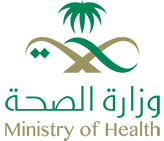
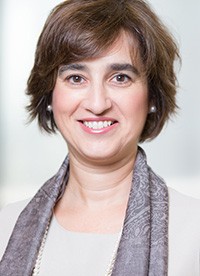


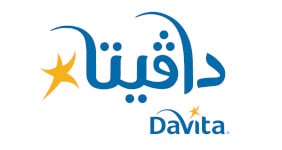
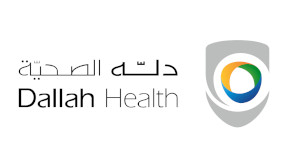
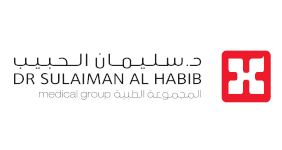
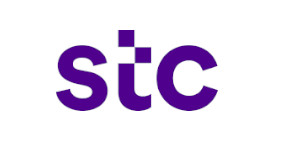
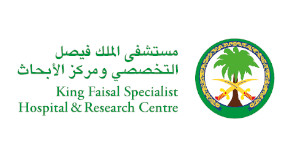
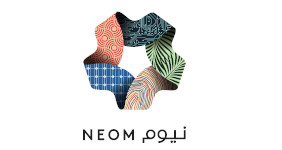

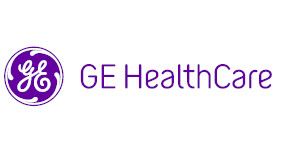
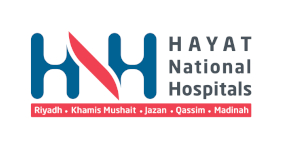
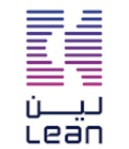


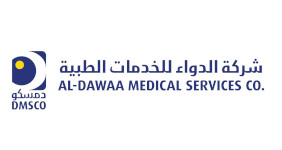

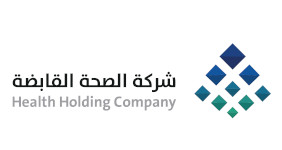
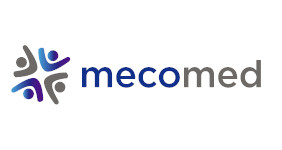

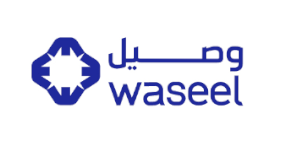
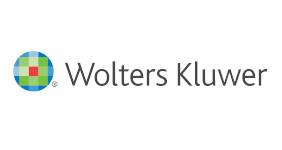
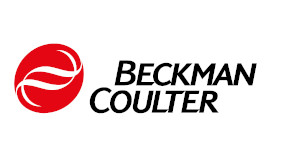
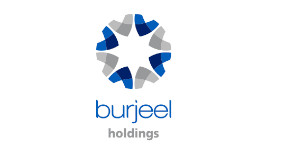
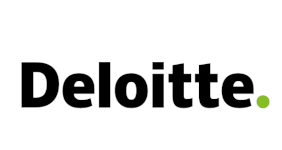
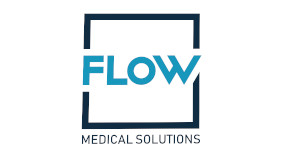
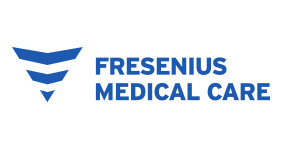
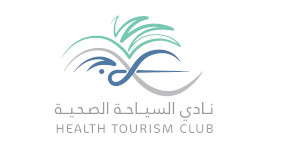
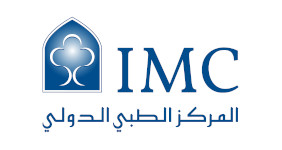
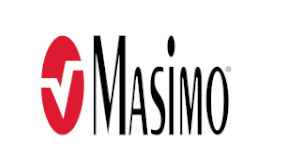
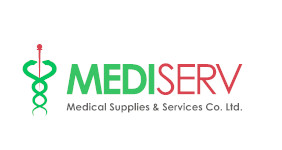


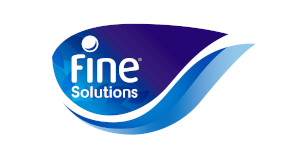


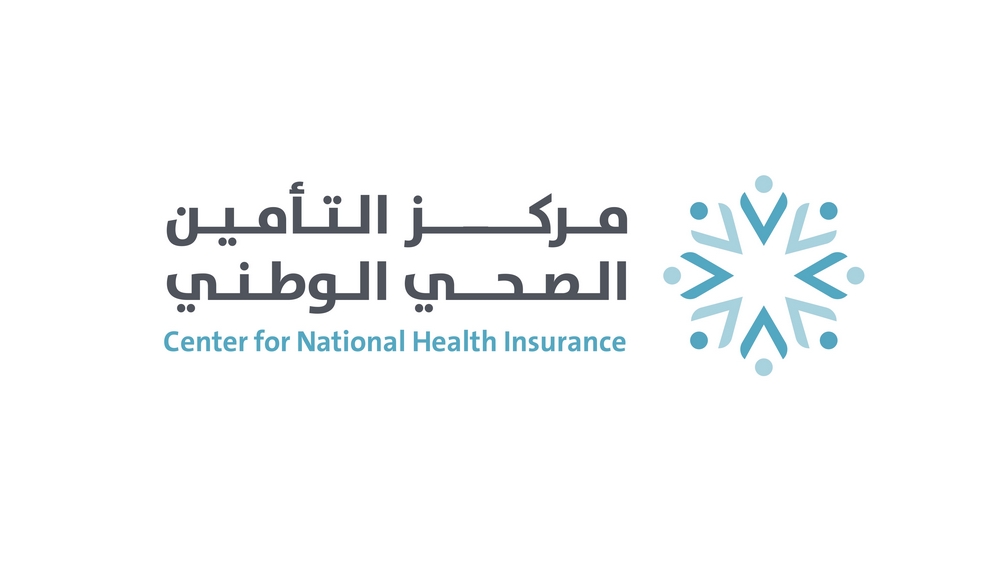
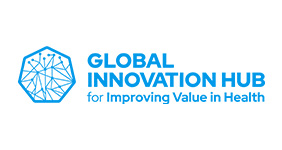
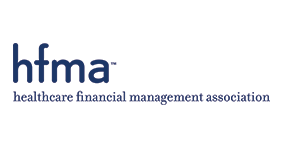
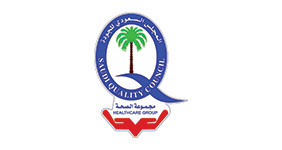
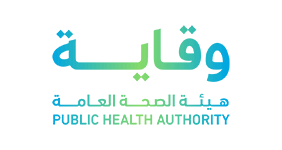
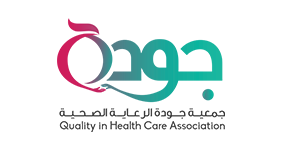
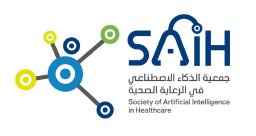
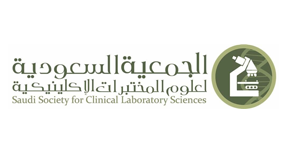
_page-0001.jpg)
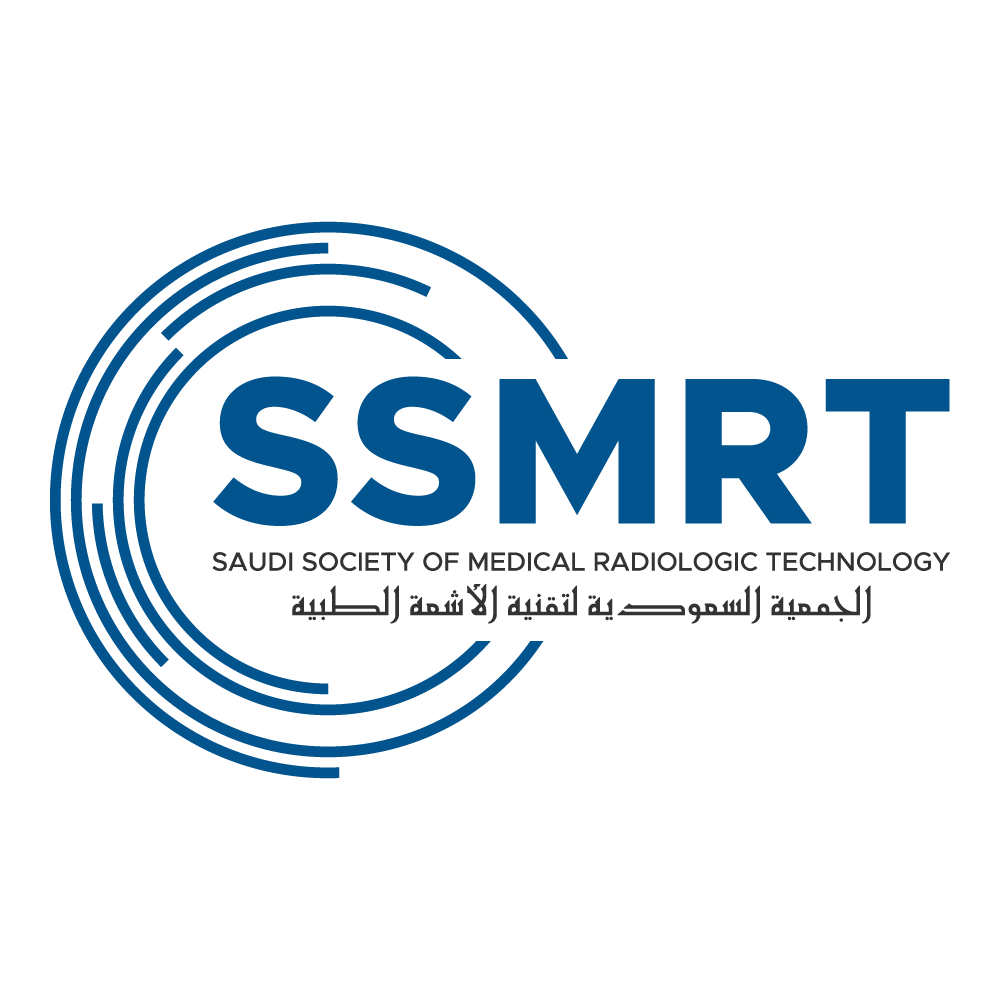
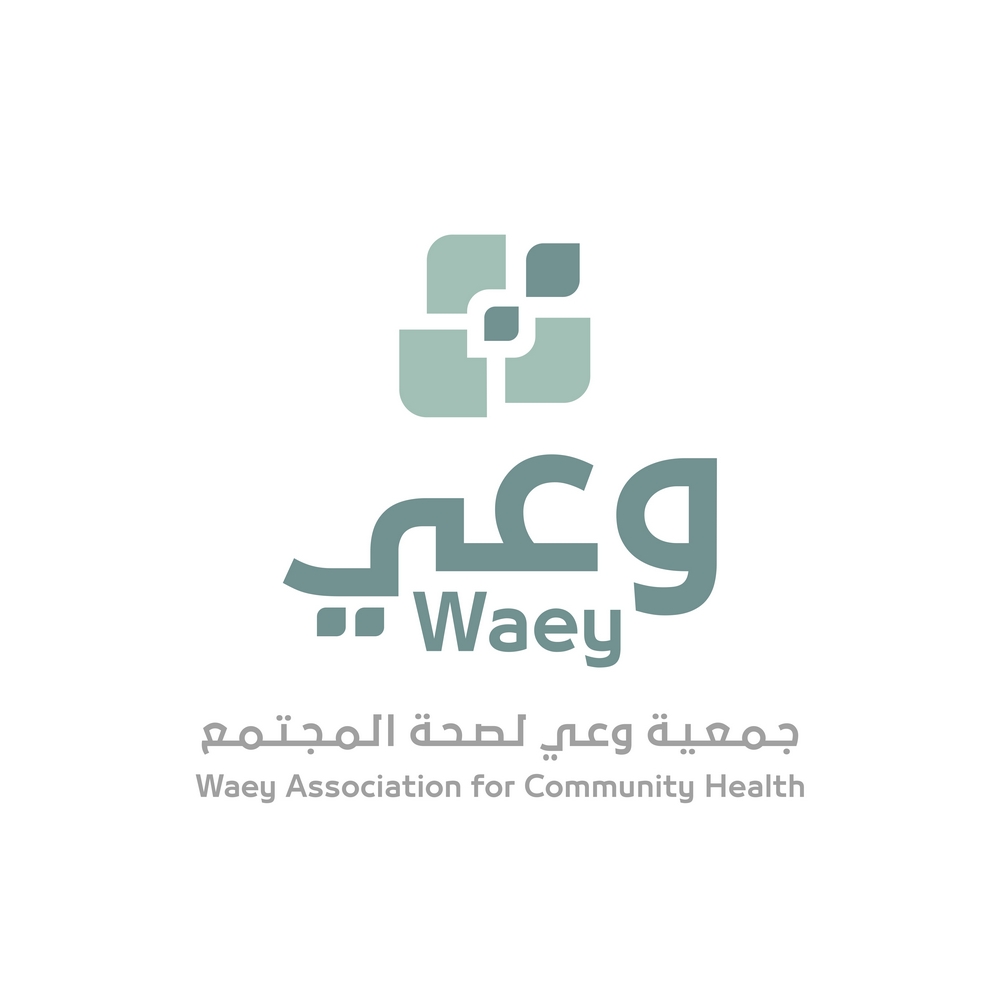

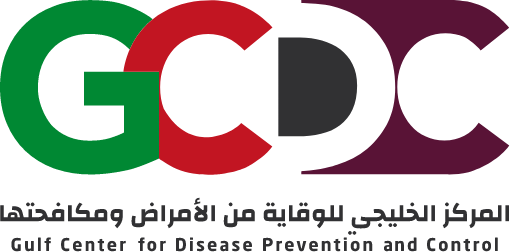
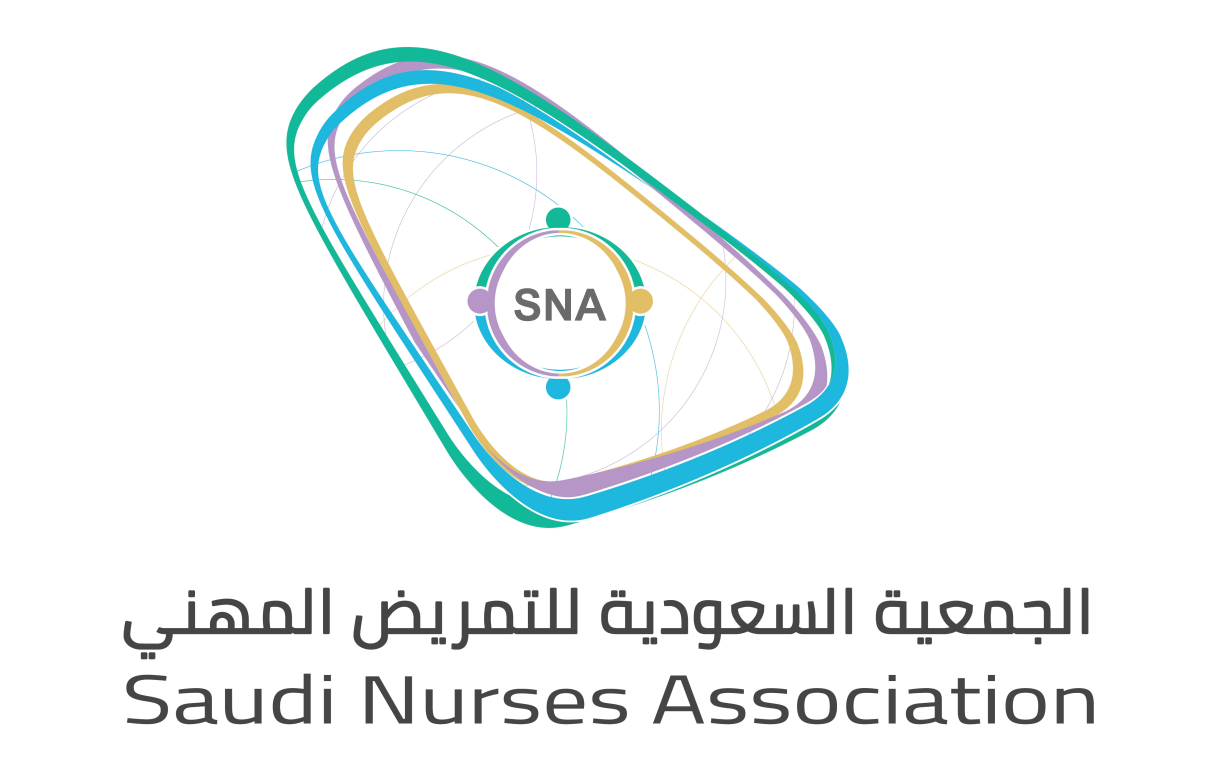


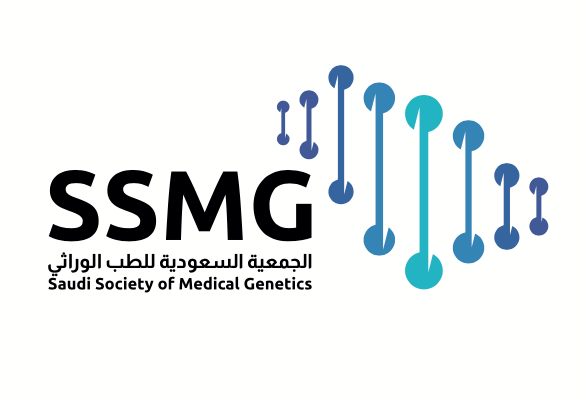

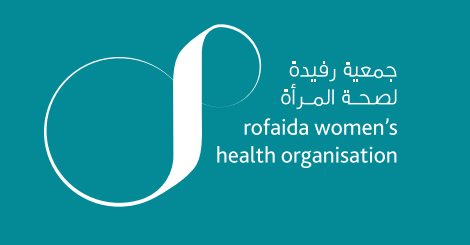






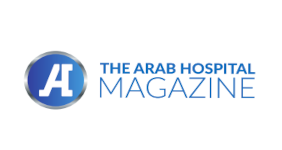
.png)

